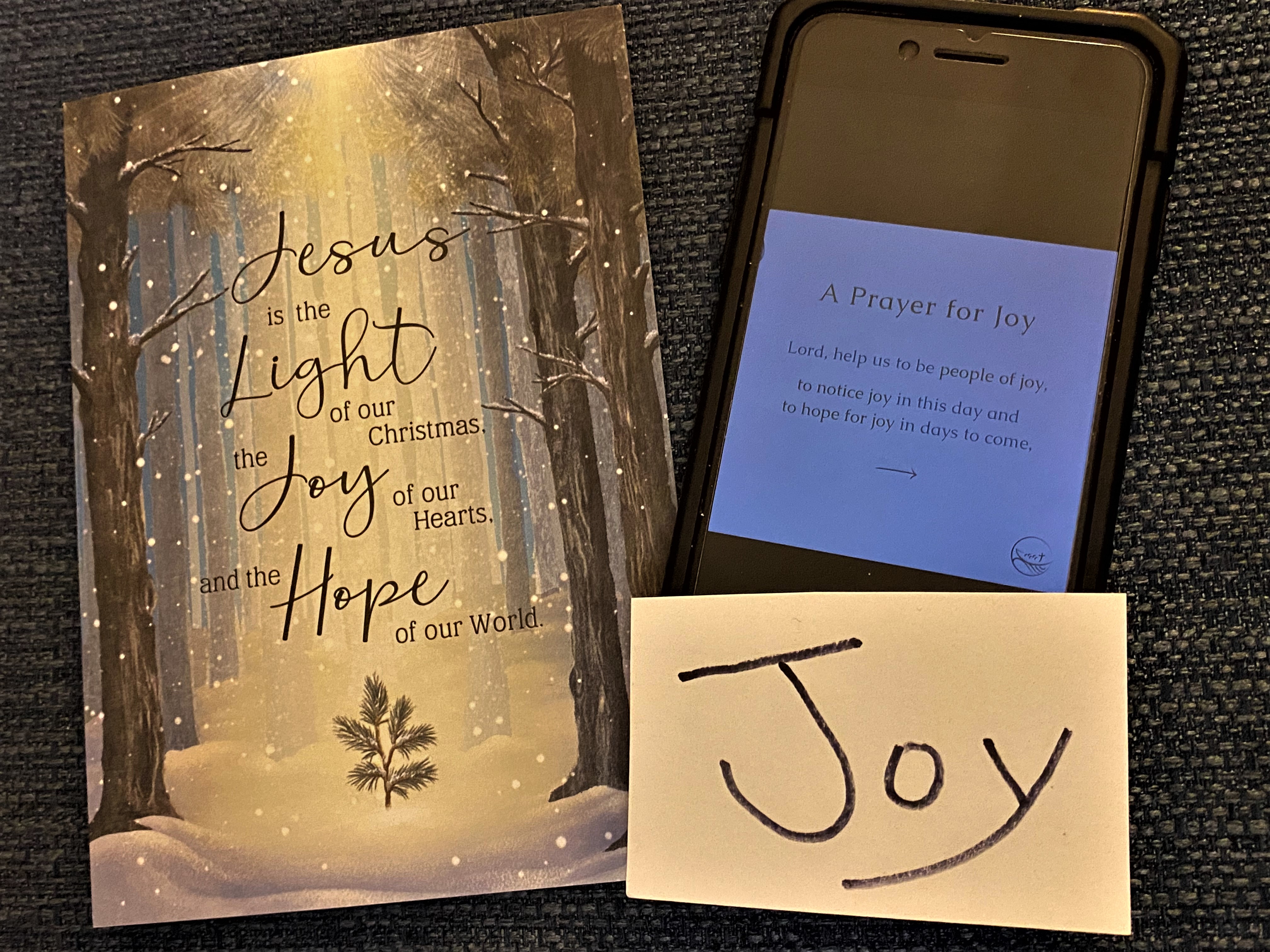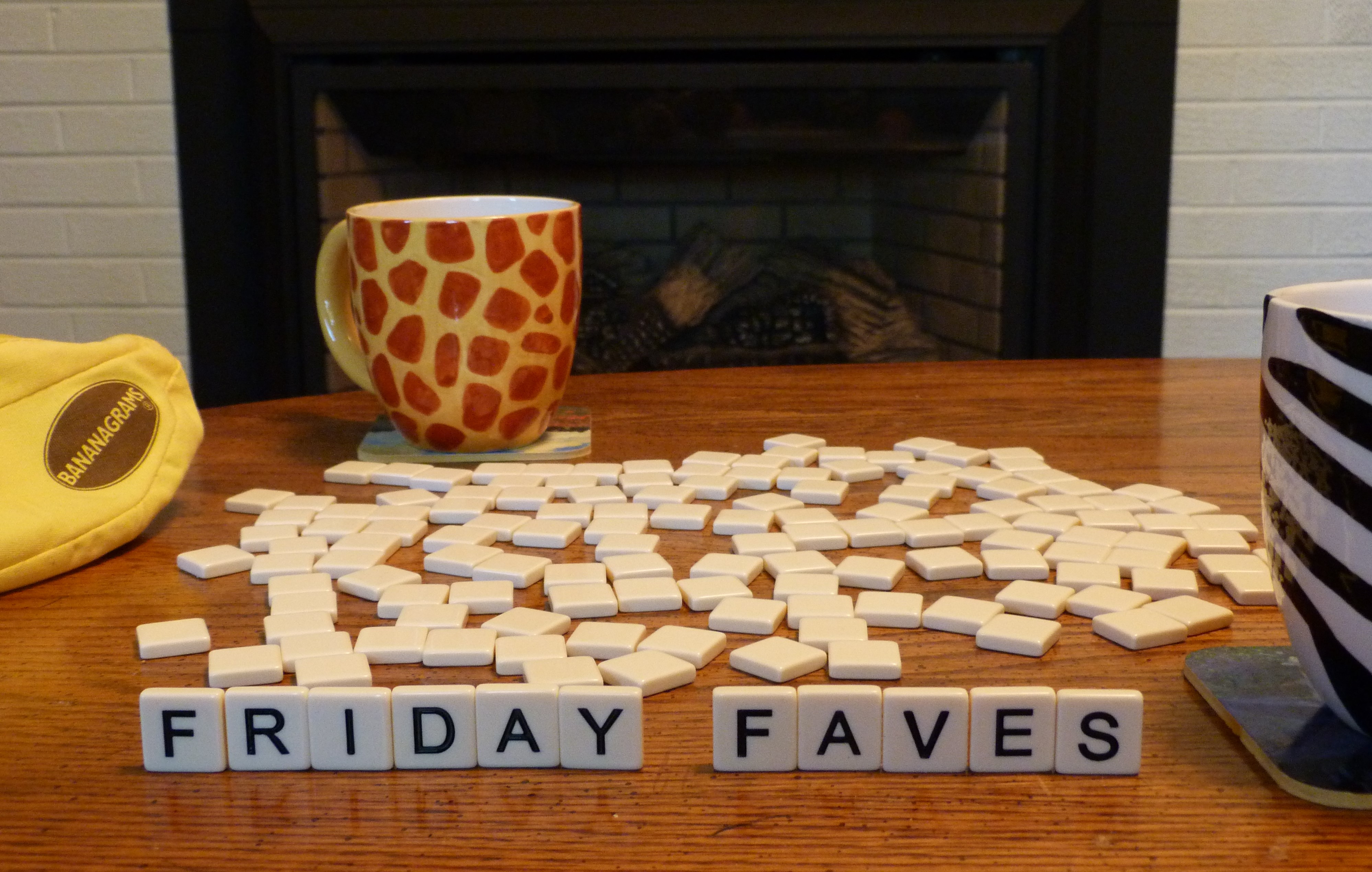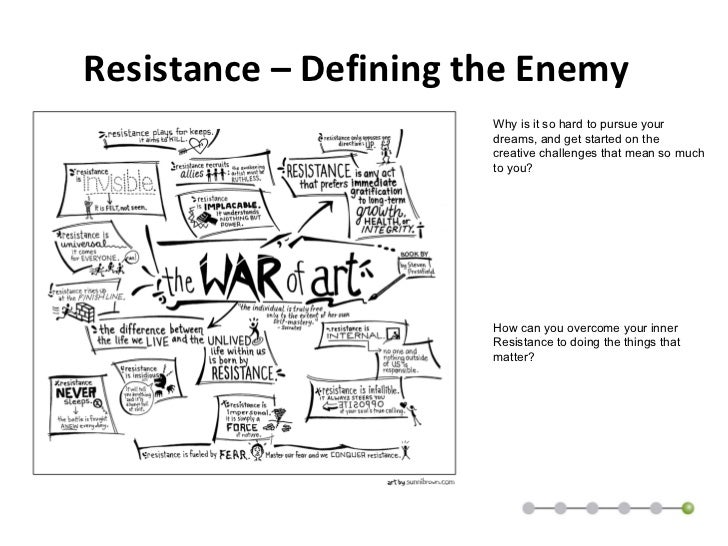
[Adapted from the archives]
If My people who are called by My name will humble themselves, and pray and seek My face, and turn from their wicked ways, then I will hear from heaven, and will forgive their sin and heal their land. Now My eyes will be open and My ears attentive to prayer made in this place. For I have now chosen and consecrated this temple so that My Name may be there forever. My eyes and My heart will be there for all time. – 2 Chronicles 7:14-16
“Then let this be known to all of you and to all the people of Israel: It is by the name of Jesus Christ of Nazareth, whom you crucified but whom God raised from the dead, that this man stands before you healed. He is ‘the stone you builders rejected, which has become the cornerstone’. Salvation exists in no one else, for there is no other name under heaven given to men by which we must be saved.” – Acts 4:10-12
First of all, then, I urge that petitions, prayers, intercessions and thanksgiving be offered for all men … Prayer of this kind is good and God our saviour is pleased with it — it is my wish that in every place men shall offer prayers with blameless hands held aloft, and be free from anger and dissension. – 1 Timothy 2:1–8
At every opportunity pray in the Spirit, using prayers and petitions of every sort. Pray constantly and attentively for all God’s people. – Ephesians 6:18
Dave’s Mom, my sweet mother-in-law, prays. Every day. Through the day. In her 80s, Julia carries the baton of her own Godly mother who has long since gone to be with the Lord. She prays not out of duty or self-interest. She prays in obedience to God and out of love for Him, for her family, her church, her country, and the world.
As long as Julia lives, I know that daily our names echo in the great halls of Heaven before the God of the universe. When my own mom died, now 20 years ago, a silence sounded in our lives that I had never experienced before. She, like Julia, was a pray-er. Mom prayed faithfully for us, her children and grandchildren. She also had hope borne out of prayer for the church and our country. Since Mom died, I am trying to run the race she left for me…praying for those God has lovingly and strategically placed in my life to lift up to Him.

In the US, we are moving into the season of political rallies with widely varying displays of patriotism, anticipating the 2024 election year. The news media is full of disheartening reports on our country’s status in the world, its moral and cultural decline, and partisan viewpoints on what’s the cause and who’s to blame.
God is not surprised by anything. Nor is He disinterested. He loves all peoples and He has certainly not forgotten those who call themselves Americans.
We as believers search for meaning in the chaos we see around us. We, too, are tempted to assign blame.
What if…what if the cause of our country’s racial and sociopolitical divides…the violence and opioid epidemic…abortion and poverty…related less to politics and more to prayerlessness?
God doesn’t seem to mind small beginnings (Zechariah 4:10). He is also a world-shaking finisher (Philippians 1:6).
What if two or more of us gather agreeing and pray (Matthew 18:20)? For each other, our church leaders, our country, the nations. God’s kingdom come, God’s will be done, on earth as it is in Heaven (Matthew 6:10).
Movement Church has had many seasons of prayer…many small beginnings. For some time, we had a tiny ministry called Play ‘n Pray. It was moms and grandmothers with little ones who came together each week briefly to pray. During COVID, a handful of us sat outside, circled together, socially distanced, in singular mind, to pray down the Spirit of God on our church and community. This summer as a part of our local mission effort to know our city better and to pray with the city in view, we are all participating in a prayer scavenger hunt.

Many of the world’s spiritual revivals began with just a handful of believers. It can happen here…
“One of the great uses of Twitter and Facebook will be to prove at the Last Day that prayerlessness was not from lack of time.” ― John Piper
Our vision at Movement Church includes a God-glorifying movement of prayer that will spread through our church, extending into our community, city, and the world. Small beginnings but with a great God. One day we believe that He will take the small embers of this many efforts over time and flame them up into a redeeming work only He can finish.

Prayerfulness does take some spiritual formation…habit formation. Last night, we had a friend over and we talked at length about the spiraling nature of our culture, the lack of true life-giving compassion, the anti-Christian sentiment, and the disinterest in a holy God (or any god outside of one’s own making). Our conversation was dark…and too familiar. What if…we prayed instead? Talking not ABOUT chaos to one another but praying WITH one another, taking those same things to God. Praying FULL of hope and faith.
As I write this morning, our dear praying mom, Julia, is sitting in her favorite spot, Bible open in her lap, praying. She knows the God who draws her to prayer is at work. One person, one of His daughters, trusting Him with what He lays on her heart. One by one…two or more…all over this country and this world…prayerFUL. Anticipating what God is about and what He will complete. To Him be all glory.
Worship with me to the Kari Jobe‘s call to prayer “Heal Our Land”:
You take our lives
Flawed, yet beautiful
Restore, refine
Lord, You’re merciful
Redeem, revive
Spirit of God
Breathe on Your church
Pour out Your presence
Speak through Your word
We pray in every nation, Christ be known
Our hope and salvation, Christ alone
New power, new wine
As divisions fall
One church, one bride
Jesus, Lord of all
With one voice we cry
Spirit of God
Breathe on Your church
Pour out Your presence
Speak through Your word
We pray in every nation, Christ be known
Our hope and salvation, Christ alone
So, God we pray to You
Humble ourselves again
Lord, would You hear our cry
Lord, will You heal our land
That every eye will see
That every heart will know
The One who took our sin
The One who died and rose
[x2]
And when Your kingdom comes
And when at last You call
We’ll rise to worship You alone
Spirit of God
Breathe on Your church
Pour out Your presence
Speak through Your word
We pray in every nation, Christ be known
Our hope and salvation, Christ alone
Spirit of God
Breathe on Your church
Pour out Your presence
Speak through Your word
We pray in every nation, Christ be known
Our hope and salvation, Christ alone*
YouTube Video – Heal Our Land – Kari Jobe (Song Story)
Prayerfulness: A Grace to Seek – Claude Lopez
Character Traits of the Spiritual Life: Prayerfulness – Richard Hollerman





















































 Photo Credit:
Photo Credit: 






































